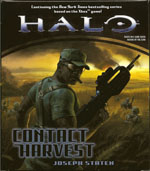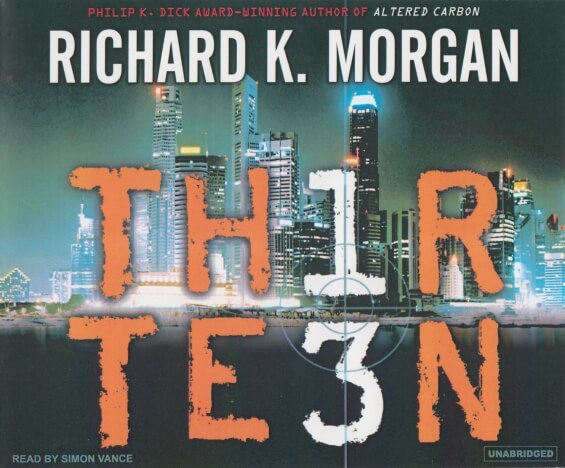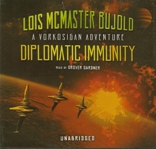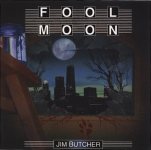
 Halo: Contact Harvest
Halo: Contact Harvest
By Joseph Staten; Read by Holter Graham and Jen Taylor
10 CDs – 11 hrs [UNABRIDGED]
Publisher: Macmillan Audio
Published: 2008
ISBN: 9781427202499
Themes: / Science Fiction / Military / Tactics / Gaming / Aliens /
This is how it began… It is the year 2524. Harvest is a peaceful, prosperous farming colony on the very edge of human-controlled space. But we have trespassed on holy ground–strayed into the path of an aggressive alien empire known as the Covenant. What begins as a chance encounter between an alien privateer and a human freighter catapults mankind into a struggle for its very existence. But humanity is also locked in a bitter civil war known as the Insurrection. So the survival of Harvest’s citizens falls to a squad of battle-weary UNSC Marines and their inexperienced colonial militia trainees.In this unlikely group of heroes, one stands above the rest…a young Marine staff sergeant named Avery Johnson.
Before I move into this review, I need to say a couple of things. One, I am not a fan of the Military SF sub-genre. I don’t hate it, but a few weapon descriptions go a long way for me. Two, I am not a gamer, though the first time I saw Halo 3 on the Xbox 360, it made me want to sell my Wii.
Now that you know that I can say that Halo: Contact Harvest was almost exactly what I expected it to be. There is a whole lot of automatic weapons fire by a whole lot of soldiers who say things like “look sharp!”, “give me some cover!”, and “lock and load!”. There is plenty of futuristic weaponry discussed and model numbers of vehicles tossed about. If that’s the kind of thing you enjoy, here it is!
My impression now, having played a bit of Halo 3 at a friend’s house and having heard this book, is that story plays a large role in the game. Like good writers, the game makers (the author, Joseph Staten, is one of that team) imagined and wrote a great deal, then spawned the game from that, leaving most of the story untold, because, let’s face it, the gamers want to blow things up, not watch a movie. Yet the story does make the game much more interesting and gives it a surprising (to me) depth. This novel is a way to tell some of the backstory to those interested, and since the hardcover spent a few weeks on the bestseller list, there is obviously plenty of interest.
In the first Halo game, humans are already at war with aliens that are called “The Covenant”. This novel is a prequel to that game, and it describes the start of the conflict between The Covenant and humans. The story is told from two points of view – the humans (led by Staff Sergeant Avery Johnson), and the aliens. The humans have claimed a world called Harvest as their own, but the aliens object because the surface is covered with artifacts made by the “Forerunners”, an extinct race that the aliens worship. Bullets fly. But to stop there is to not give the story credit, because there are some good things in there, including a revelation that the aliens want to suppress because their very beliefs are threatened.
Overall, this is a good audiobook, because the main narrator (Holter Graham) is excellent, and the writing isn’t bad either. The emphasis on military jargon is something that turns me off, but that’s just me. I suspect that military SF fans will like this audiobook a great deal, and I’m pleased to have heard it myself, if only to learn of story’s significant place in the gaming market.
Posted by Scott D. Danielson





